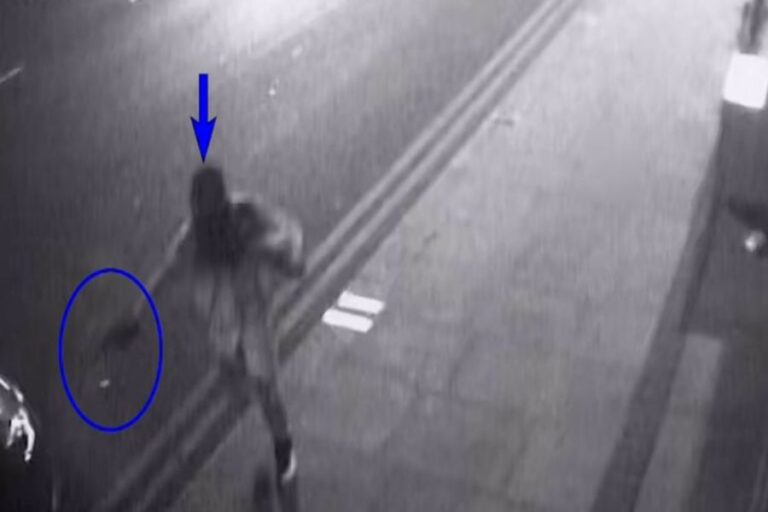Chris Kaba, who was fatally shot by a Metropolitan Police officer in September 2022, has been revealed as a key figure in London’s 67 gang, with a history of violent crimes and previous convictions. Details of his involvement in gang-related activities and shooting just days before his death can now be reported following the acquittal of police marksman Martyn Blake.
Chris Kaba, 24, was known by his street name “Itch” and was deeply embedded in the 67 gang based in Brixton Hill, a group linked to various criminal activities across London, including shootings, stabbings, and drug-related offenses. Just days before his fatal encounter with the police, Kaba was accused of opening fire at a nightclub in Hackney, injuring Brandon Malutshi in a gang-related attack. CCTV footage shows Kaba shooting at Malutshi on a crowded dancefloor and later pursuing him outside, firing again.
Kaba’s gang-related activities and violent past had been withheld from public knowledge due to reporting restrictions until the conclusion of the trial of Officer Blake. During the trial, it was revealed that Kaba had multiple previous convictions dating back to when he was a teenager, including knife-related offenses, possession of firearms, and affray. His violent history was not presented as evidence during the trial because Officer Blake was unaware of Kaba’s identity during the incident.
Metropolitan Police Officer Martyn Blake was cleared of all charges related to Kaba’s death after a jury trial. Blake, who was accused of murder, acted during a high-speed pursuit when Kaba tried to escape in an Audi Q8 that had been linked to a separate shooting incident in Brixton the previous night. Blake’s defense team argued that he acted within his duty to protect public safety, citing the vehicle’s connection to ongoing gang activities.
Despite his acquittal, the trial has sparked mixed reactions. Kaba’s family expressed their disappointment, stating they are “devastated” and vow to continue seeking justice. On the other hand, fellow police officers have questioned why the case was brought to court, with some arguing that police should be judged in a specialized court, considering the nature of their job and the pressures they face in the line of duty.
Concerns were raised about potential retaliation from Kaba’s gang, with legal arguments suggesting that Blake’s identity should have been kept anonymous to protect him from possible harm. However, the press successfully challenged this request, leading to his identity being revealed.
The Brixton Hill-based 67 gang, described as the “highest harm street gang in Lambeth,” remains a focal point for ongoing police investigations. Kaba’s name had appeared in previous cases, and he was set to face a civil court hearing for a gang injunction shortly before his death.
The case has reignited debates about police conduct and the legal systems that govern their actions. Lord Hogan-Howe, a former Met commissioner, voiced his concerns in parliament, urging that officers be given the benefit of the doubt, especially in high-pressure situations like Blake’s. He emphasized that police firearms officers do not receive extra pay for carrying such a grave responsibility, making their accountability all the more crucial.
Following his acquittal, Officer Blake is expected to return to his job after undergoing refresher training. The Independent Office for Police Conduct will determine if any further disciplinary action is necessary.
The trial’s outcome has highlighted the complexities of balancing police accountability with the reality of gang violence in London, leaving the public divided over issues of justice, safety, and the rule of law.

